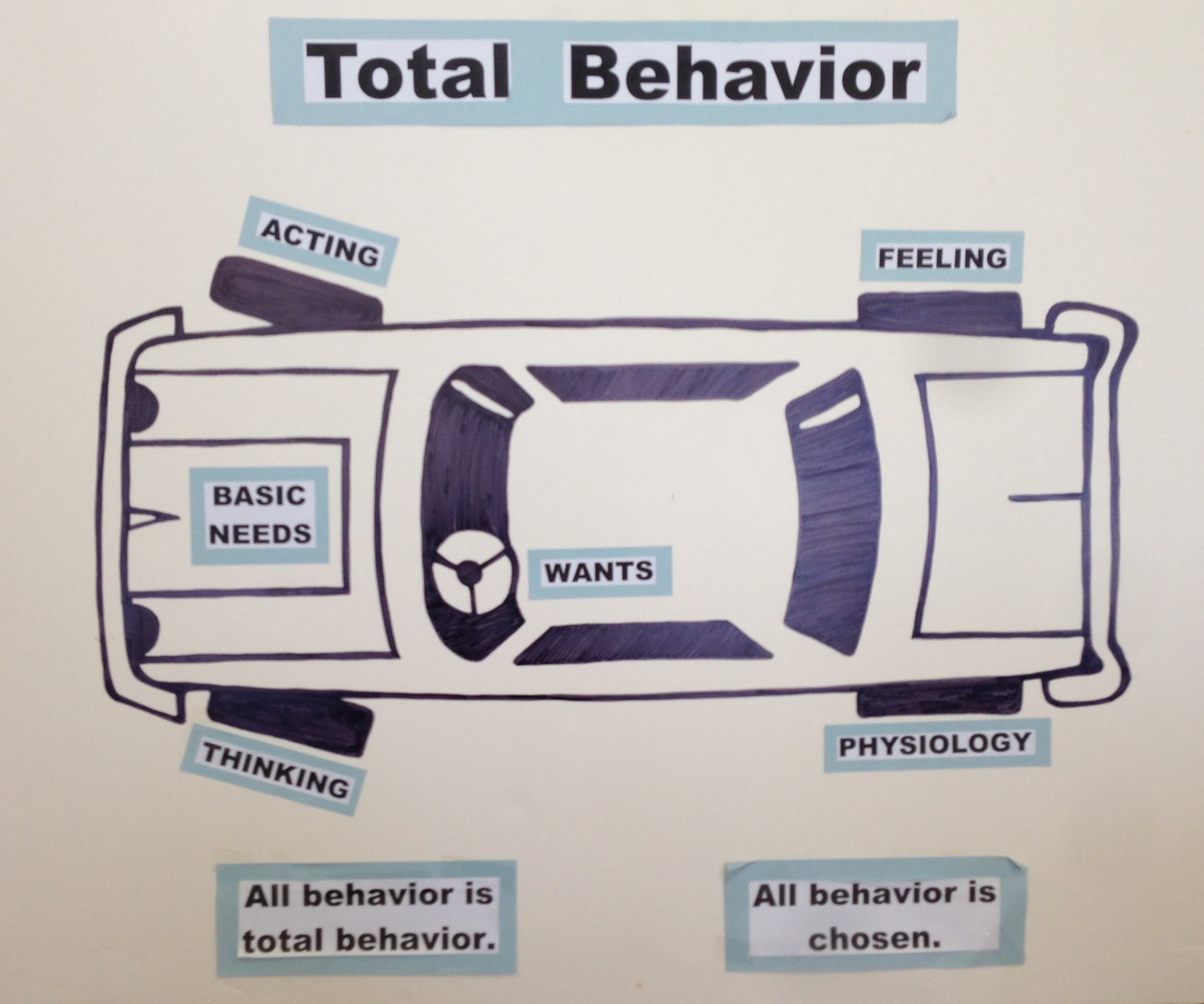Parenting is hard. This is especially true if parents aren’t clear on the details of human design. When key details are clear, being a parent can be meaningful and fulfilling. When the key details are not clear and not put into practice, parenting is often confrontational and discouraging. So what are the key details?

Let’s start with what might be the keyest of the keys – human beings are born with an overarching feature called internal control. Another way of saying this is that humans are designed for self-control. Fairly soon in their young lives, little humans will experiment with their internal control potential. And the thing about internal control is that, by design, it does not like to be externally controlled. When people, especially children, resist being controlled they are acting, to some degree, in alignment with their design as human beings.
Given this tension between internal control and external control, parents find themselves in a conundrum. They want to control their kids, but they also want them to grow up to be independent and strong. They want to control, even as their kids are designed to not be controlled.

Parents want their kids to do exactly as they are told, to eat the eggplant that is put before them, to do their homework and get good grades, and to get into Stanford. They want their kids to act safely at all times and to be in bed by 10:00 PM with no head phones.
And yet, parents want their kids to mature into people who know how to rightly discriminate, to judge wisely, to think and act according to well-chosen principles, rather than simply following the opinions of others. Such independence and strength develops out of an atmosphere of freedom and support, though. Parental control can actually delay and, at times, impair the ability to be thoughtful and independent.

Humans are different from other animals in that, because we are designed with internal control, we require a great deal of support, instruction, and guidance early on. Other animals possess, to greater and lesser extent, instincts that even from birth fits them to survive and live. Turtles don’t have the qualities of mind to experience fun or love, but they break out of their shells and crawl along the sand to the sea with everything they need – mostly the instinct to swim and to eat – to survive and grow. Human babies are born with incredible abilities of mind, but must be supported as they are taught about their abilities and how to use them.
The nature of this support becomes rather important. All human beings, including new, little humans, possess internal control systems, and will balk when faced with the control of a system outside of itself. So big humans, adults, and parents specifically, must seek ways to influence their children without becoming involved with excess control. Some will mutter, “Bah, humbug,” to the admonition to influence rather than control kids, but the naysayers’ disgust will not change the reality of the elements of internal control.

External control is useful for machines, but we risk harming our connection with others whenever we use it on humans, especially those with whom we are close. An answering machine can be programmed to answer a call at the fourth ring, and will do so every time without question or complaint. If all you want to do is record messages then a machine can, in most cases, do the trick. Humans, on the other hand, are not meant to respond like machines, and in fact constantly question, process, and predict the circumstances in the world around them. These abilities enable them to function in both a predictable and unpredictable world, a complex world in which many other humans are also seeking to successfully negotiate reality.
When it comes to preparing kids for life it gets back to a central question – What Do I Really Want? Do I want my kids to be able to take full advantage of their personal internal control systems, independent, capable, and confident? Or do I want to control my kids and have them jump when I say ‘jump’ and sit when I say ‘sit?’
If control is the focus, then there are at least two significant risks to consider-
The first risk is that a child or teenager, being of internal control, will rebel, whether actively or passively. Teenagers that are “active rebellers” are the ones who get in your face and argue about your ridiculous expectation or rule, before tromping to their room and slamming their door. Teenagers that are “passive rebellers” are those who wait until you are not around, and then will behave exactly how they want, regardless of your admonitions and threats. Adult attempts at control that foster rebellion, whether active or passive, is the motivation behind a great deal of teen at-risk behavior.
The second risk is that a child or teenager will comply, obeying the commands or expectations out of fear. Rebellious behavior is absent, but so is the development of a backbone. Such children may appear like well-drilled soldiers, but they lack in independence and grow up doubting their own capability, and in some cases, grow up doubting even their own opinion.
Neither of these control paths is the goal. Rebel or robot can’t be the only options.

All human beings would be served by learning about the details of internal control design. Not knowing these details is like playing in a game in which we do not know the object of the game or the rules that govern play. Parents especially, though, need to understand the concepts of internal control. What follows are a few areas to keep in mind. Because you are reading this post you are well on your to achieving the first area, that being awareness.
+ Become aware of internal control design as it relates to human motivation and behavior. Internal control systems do not like to be controlled by other systems. The fact that children and students are guided by internal control is a strength, not a flaw.
+ Compassionately apply the concept of Gradual Release of Responsibility. This educational term is kept in mind by teachers as they prepare students to independently use a new academic or creative skill. Teachers will scaffold learning, thus providing support for students until they can do the skill on their own. Parents can benefit, too, from the Gradual Release of Responsibility. A three year old child can’t be given a lot of responsibility, but s/he can be given some. If parents desire their children to be independent and strong, they will need to be comfortable with giving kids choices and learning from their mistakes.
+ Foster a connection with children based on communication and trust. Control may lead to compliance, but it does not lead to heart change. Instead of striving to control, it is much more valuable and lasting to be able to influence. Influence may seem flimsy in comparison to control, but in fact it is just the opposite. Influence, the ability to persuade kids to believe in something for themselves, is much stronger than control, which dissolves into nothingness when the threats aren’t present. An important axiom of raising kids is that – “As long as you are connected, you have influence.” And when your kid is on their own – at that party or on that trip with friends or with their boyfriend or girlfriend after the prom – influence is all you’ve got.
Rebel or robot isn’t the only option. Kids need expectations and guidelines, but they don’t need us to go into a power mode to force them to behave.
===============================
Fun Fact 1: Completed the first online summer course this past week featuring the ideas of The Better Plan. Topics included managing without coercing, the spiritual implications of internal and external control, the caring and deadly habits, the basic needs, quality world, creativity, and total behavior, to name a few. Reading the Soul Shaper book was a part of the class, along with a number of the posts from this Better Plan blog site.
Fun Fact 2: I’m retired, but will continue, for the time being, to teach at PUC.

























